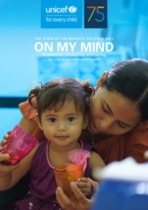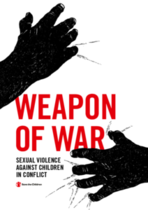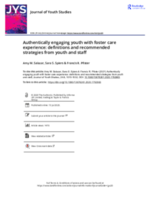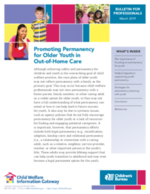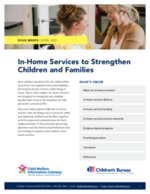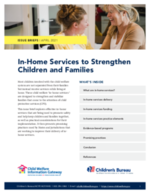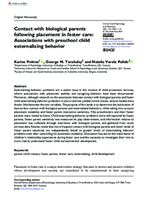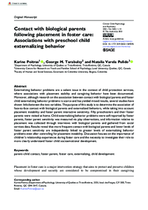The State of the World's Children 2021: Promoting, protecting and caring for children’s mental health
The State of the World’s Children 2021 calls for commitment, communication and action to promote good mental health for every child, protect vulnerable children and care for children facing the greatest challenges.

